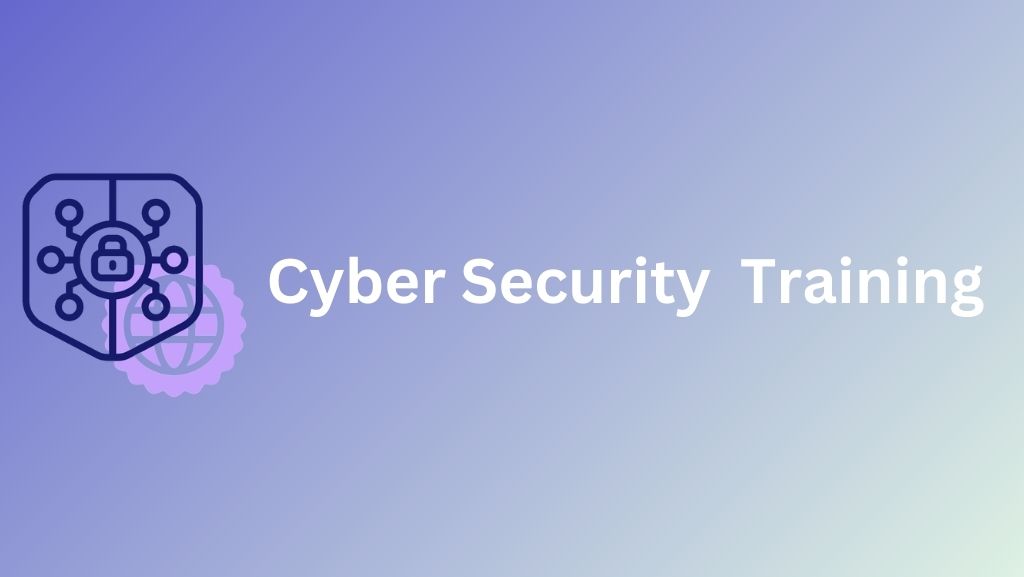Upcoming Batches for Application and Web Security
Not compatible with the above dates?
Application and Web Security Course Details
Website and web app security is a component of web application security. Web systems and the Internet are the main environments in which application security concepts are used.
This course from Zx Academy will begin with an overview of web applications. We'll then go over an introduction to web application security and how it differs from network security. There will be an explanation and definition of Web Application Security (WAS) scanners and testing. This course will also cover some security best practices for web applications.
Course description
Candidates will gain in-depth knowledge of the web applications security process by taking the Web Application Security (Top 20 Critical Web Application Vulnerabilities) course. Numerous vulnerabilities, such as SQL Injection, PHP Injection, XSS, CSRF, Indirect object reference, and many more, are included in the security of web applications. This course is designed to assist students land a cyber security career right away. You will learn about the security requirements for web applications as well as the issues in web application security in this course. You will learn how to identify vulnerabilities in web applications and how to fix them with this training from ZX Academy.
You will become acquainted with several forms of Application Security, including firewalls, antivirus software, encryption software, and so forth. The objectives of application security and dynamic attack flows will also be made clearer to you by this free certificate course for beginners. The fundamental ideas of security will next be explained to you.
Highlights
Some of the highlights of this training are mentioned below:
- Learn about the history, advantages, disadvantages, prospects, and other aspects of web apps.
- Learn about web application security and its significance.
- Recognize the weaknesses present in web apps.
- Learn about the misconceptions, shortcomings, and best practices related to WAS.
What will you learn in training?
The Proficiencies Acquired by Participants after Training and Certification Programs in Web Application Security
- Knowledge of web application security best practices and guiding concepts.
- Understanding common attack vectors and vulnerabilities in web application security.
- Capability of recognizing and reducing security threats to online applications.
- Expertise in identifying and mitigating risks to web application security through the use of tools and techniques for security.
- Capacity to create standards and safe coding procedures.
- Being familiar with authorization and authentication mechanisms.
- A working knowledge of frameworks for developing secure online applications.
- The capacity to use secure coding techniques to create online apps that are safe.
- comprehension of the procedures for web application security testing and evaluation.
- Information on rules and standards for web application security.
Who should take this training?
- IT specialists with an interest in learning more about web application security
- Those who create websites and wish to know how their coding affects security
- Those interested in specializing in web application security as security experts
- Those that oversee networks and wish to protect their web apps
- Anyone with an interest in web application security who wants to learn more
What are the prerequisites for taking training?
- Understanding of web application security risks and vulnerabilities; familiarity with web application security testing tools; and knowledge of web application security concepts and principles
- Being aware of safe coding techniques
- Familiarity with safe authorization and authentication methods
- Being familiar with encryption techniques and secure communication protocols
Why should you go for training?
- Better employment prospects: A Burning Glass Technologies poll indicates that during the past five years, there has been a 50% increase in the number of job posts for web application security professionals.
- Salary increase: A web application security expert typically makes $90,000 annually.
- Enhanced knowledge: Certification in web application security offers a thorough grasp of the security threats related to online applications.
- Increased credibility: A certificate shows a person's dedication to security and gives companies reassurance that the person is informed about the industry.
- Confidence boost: Those who have earned their certification feel more equipped to recognize and handle security issues in online applications.
Salary Trends:
In India, the average annual compensation for an applications security engineer is ₹9,72,964. Applications Security Engineers in India typically make between ₹20,000 and ₹1,51,814, with an average supplementary cash compensation of ₹70,639 per year.Are you excited about this?
Application and Web Security Curriculum
Surveying the legal landscape and privacy issues
• Achieving Confidentiality, Integrity and Availability (CIA)
• Performing authentication and authorization
Encrypting and hashing • Distinguishing public– and private–key cryptography • Verifying message integrity
• Managing software updates
• Restricting HTTP methods
Securing communication with SSL/TLS
• Obtaining and installing server certificates
• Enabling HTTPS on the web server
Detecting unauthorized modification of content
• Configuring permissions correctly
• Scanning for file–system changes
• The Open Web Application Security Project (OWASP) top ten
• Remediating identified vulnerabilities
Securing database and application interaction
• Uncovering and preventing SQL injection
• Defending against an insecure direct object reference
Managing session authentication
• Protecting against session ID hijacking
• Blocking cross-site request forgery
Controlling information leakage
• Displaying sanitized error messages to the user
• Handling requests and page faults
Performing input validation
• Establishing trust boundaries
• Removing the threat of Cross-Site Scripting (XSS)
• Exposing the dangers of client-side validation
• Implementing robust server-side input validation with regular expressions
• Exchanging information asynchronously
Assessing risks and evaluating threats
• Managing unpredictable interactions
• Exposing Ajax vulnerabilities
• Identifying non terminated tags and field overflows
• Uncovering web service weaknesses
Protecting the SOAP message exchange
• Validating input with an XML schema
• Encrypting exchanges with HTTPS
• Implementing WS–Security with a framework
• Matching patterns to identify faults
• "Fuzzing" to discover new or unknown vulnerabilities
Detecting application flaws
• Scanning applications remotely
• Finding vulnerabilities in web applications with OWASP and third-party penetration testing tools
• Reducing risk by implementing proven architectures
• Handling personal and financial data
Managing network security
• Modeling threats to reduce risk
• Integrating applications with your network architecture
Like the curriculum?
Projects on Application and Web Security
Zx Academy Trainers aims to deliver quality training that covers solid fundamental knowledge on core concepts with a practical approach. Such exposure to the current industry use-cases and scenarios will help learners scale up their skills and perform real-time projects with the best practices.
Project Resources
Application and Web Security Certification

Get certification or Get ahead with Zx Academy’s Certification or
Faq’s for Application and Web Security
Reviews
Preethi Reddy




